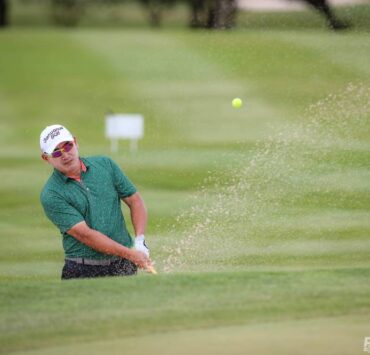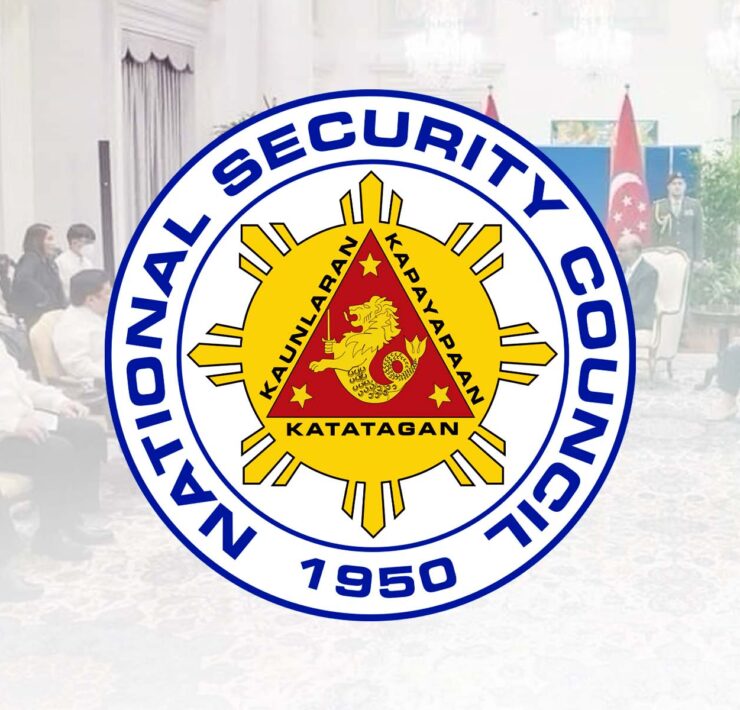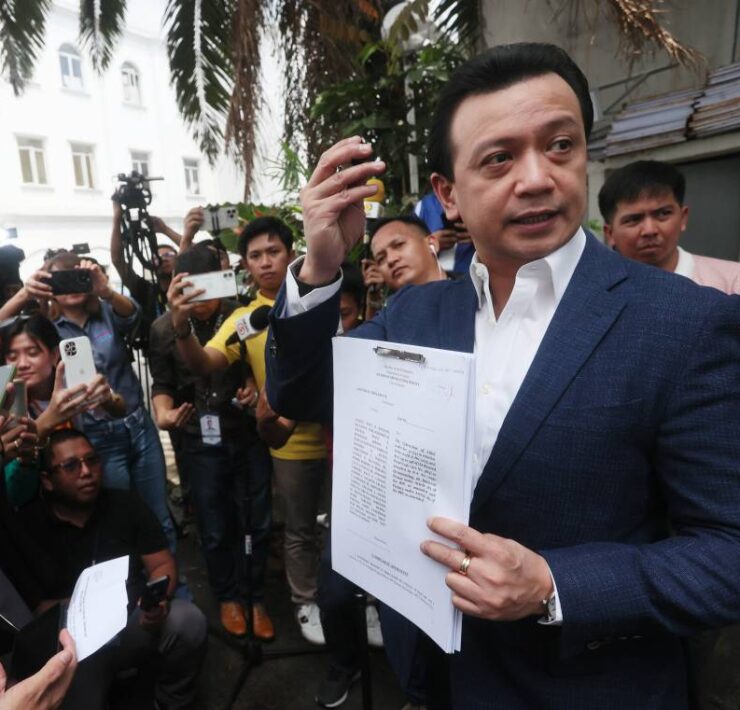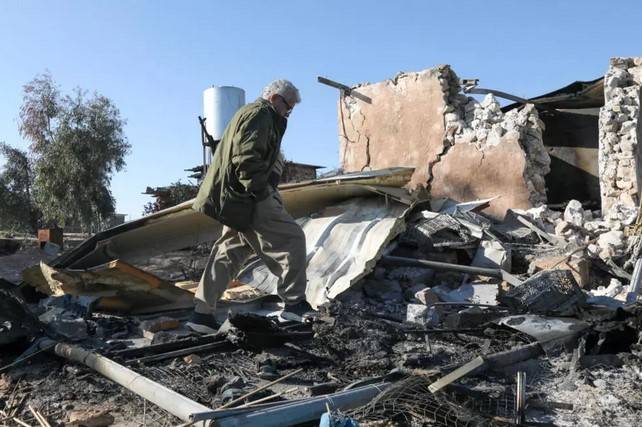Japan ‘crossed a red line’ on Taiwan, Chinese foreign minister says

TAIPEI—Japan “crossed a red line” with comments by its new leader suggesting a potential military intervention over Taiwan, Chinese Foreign Minister Wang Yi said on Sunday.
Remarks earlier this month by Japanese Prime Minister Sanae Takaichi that a Chinese naval blockade or other action against Taiwan could be grounds for a Japanese military response were “shocking,” Wang said in a statement posted on the Chinese foreign ministry’s website.
“It is shocking that Japan’s current leaders have publicly sent the wrong signal of attempting military intervention in the Taiwan issue, said things they shouldn’t have said and crossed a red line that should not have been touched,” Wang said.
The most senior Chinese official to address the tensions so far, Wang added that China must “resolutely respond” to Japan’s actions and that all countries have the responsibility to “prevent the resurgence of Japanese militarism.”
Takaichi’s remarks have led to rising tensions between the two countries over the past few weeks. Beijing on Friday sent a letter to UN Secretary-General Antonio Guterres criticizing Takaichi’s “grave violation of international law” and diplomatic norms.
‘Act of aggression’
“If Japan dares to attempt an armed intervention in the cross-strait situation, it would be an act of aggression,” China’s UN Ambassador Fu Cong wrote in the letter. “China will resolutely exercise its right of self-defense under the UN Charter and international law and firmly defend its sovereignty and territorial integrity.”
Beijing sees self-ruled Taiwan—a former Japanese colony—as its own territory, to be annexed by force if necessary. China objects to the involvement of other countries in Taiwan, notably the United States, which is the island’s main supplier of weapons, as well as US allies in Asia, including Japan and the Philippines.
Takaichi’s stance is seen as more forceful than that of previous Japanese prime ministers, who have expressed concern about China’s threat to Taiwan but haven’t publicly said how Japan would respond.
The prime minister later refused to retract her remarks but said she would avoid talking about specific scenarios in the future.
The rift extended to the Group of 20 (G20) summit in South Africa, where Takaichi and Chinese Premier Li Qiang did not exchange words.
Concerns
After attending the two-day summit in her G20 debut, Takaichi told reporters that she had not arranged a meeting with Li.
“Since I became prime minister, Japan’s intention to build mutually beneficial, constructive and stable ties remains unchanged,” Takaichi said.
“Japan is open to dialogue at various levels,” she added. “There are concerns and issues between Japan and China. That’s why we should work to reduce them, understand each other and cooperate more. Of course, it is important for Japan to say what needs to be said to China.”
China has introduced a series of measures, including a travel advisory against visiting Japan and the reimposition of a ban on Japanese seafood imports, since Takaichi told parliament on Nov. 7 that an attack on Taiwan could prompt a Japanese military response.
Japan has rejected China’s demand that Takaichi retract her remarks, saying they are consistent with the government’s long-standing position.
Her predecessors have voiced concerns about China’s threat to Taiwan, but have not publicly stated how Japan would respond. Tokyo and Beijing have long been at odds over historical, territorial and other issues.





















